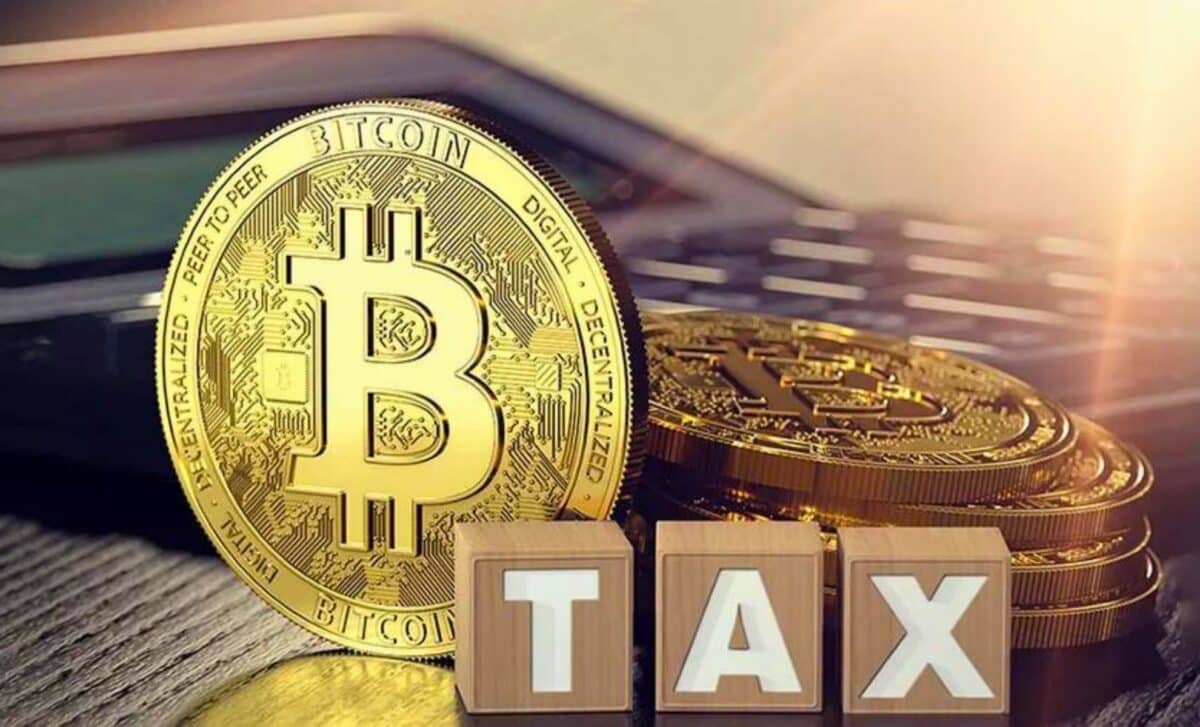In the UK, the growth of crypto as a major asset class has led HM Revenue and Customs (HMRC) to establish clear guidelines for the taxation of these digital assets. Basically, If you’re an investor who has made substantial gains from crypto trading, it’s time to familiarise yourself with the rules for reporting UK tax on cryptocurrencies.
Cryptocurrency and Taxation in the UK
In the eyes of UK financial institutions, there is no recognition of cryptocurrencies as money or currency. Rather, they are treated in the same way as shares and taxed in the identical way. Which means that all cryptocurrencies are taxable in the UK.
So, if you’re buying and selling cryptocurrencies for short-term profit, HMRC will consider you a day trader. Your cryptocurrency gains will be taxed at normal income tax rates.
Income Tax Rates in the UK
The rates of UK tax vary and depend on your income. In the case of capital gains made on cryptocurrencies above the £6,000 tax allowance, you’ll pay either 10% or 20% tax. Any additional income from cryptocurrencies above the personal allowance is taxed at between 20% and 45%.
Alternatively, if you are in a higher tax bracket, the rate at which you pay income tax will increase to 40% on income over £50,270 and 45% on income over £125,140.
Why Should You Pay Taxes on Cryptocurrency?
The need to pay tax on cryptocurrency gains is primarily a legal requirement. HMRC considers cryptocurrencies such as Bitcoin, Ethereum, etc. to be personal investments or business assets, depending on individual circumstances. As such, they are subject to Capital Gains Tax (CGT) when sold at a profit, traded or exchanged for another asset, including fiat currencies.
Subsequently, as the crypto market matures, so does regulatory oversight. By paying tax on crypto transactions, you are complying with financial regulations, helping to legitimise cryptocurrencies as mainstream financial assets.
Furthermore, Timely tax payments can help you avoid the accumulation of penalties and interest, which can significantly increase the amount owed to HMRC. This helps you stay in the clear and avoid unnecessary financial burdens.
Reporting Crypto Taxes to HMRC
The UK financial year runs from 6 April to 5 April of the following year. Thus, the financial year you will have to declare in 2025 runs from 6 April 2023 to 5 April 2024. Taxes for this year must be filed by 31 January 2025.
How to File Crypto Taxes
Your tax on cryptocurrencies are a part of your income tax return. Here’s a summary:
- Report crypto capital gains and losses on: SA100 and Capital Gains Summary SA108.
- Report crypto income on: Box 17 of your Self Assessment Tax Return (SA100).
Alternatively, you can submit your self-assessment tax return by post using the Government Portal service and paper forms. The deadline for self-assessment returns by post is 31 October.
Repercussions of Non-payment of Tax
Not paying tax on cryptocurrency can lead to serious repercussions. HMRC imposes penalties for failing to disclose taxable cryptocurrency transactions. These may range from a percentage of the unpaid tax to much larger financial penalties, depending on the severity and intent behind the non-payment.
In addition to penalties, interest accrues on the amount of unpaid tax from the due date until payment is made. Such interest is an additional charge on top of the original tax debt and penalties.
In cases of deliberate tax evasion, HMRC can launch an investigation into an individual’s financial affairs. This can be an intrusive and highly stressful process, leading to prosecution, criminal charges and even imprisonment for the most serious offences.
Can HMRC Track Crypto?
Operating in the UK, HMRC has the ability to track cryptocurrencies. Using access to information from exchanges such as crypto.com, HRMC can monitor crypto transactions and target investors who are not meeting their tax obligations.
- HMRC has a data-sharing program with all UK exchanges.
- HMRC has crypto transaction data from as far back as 2014.
- HMRC has the KYC information you provided when signing up for any UK exchange or wallet.









